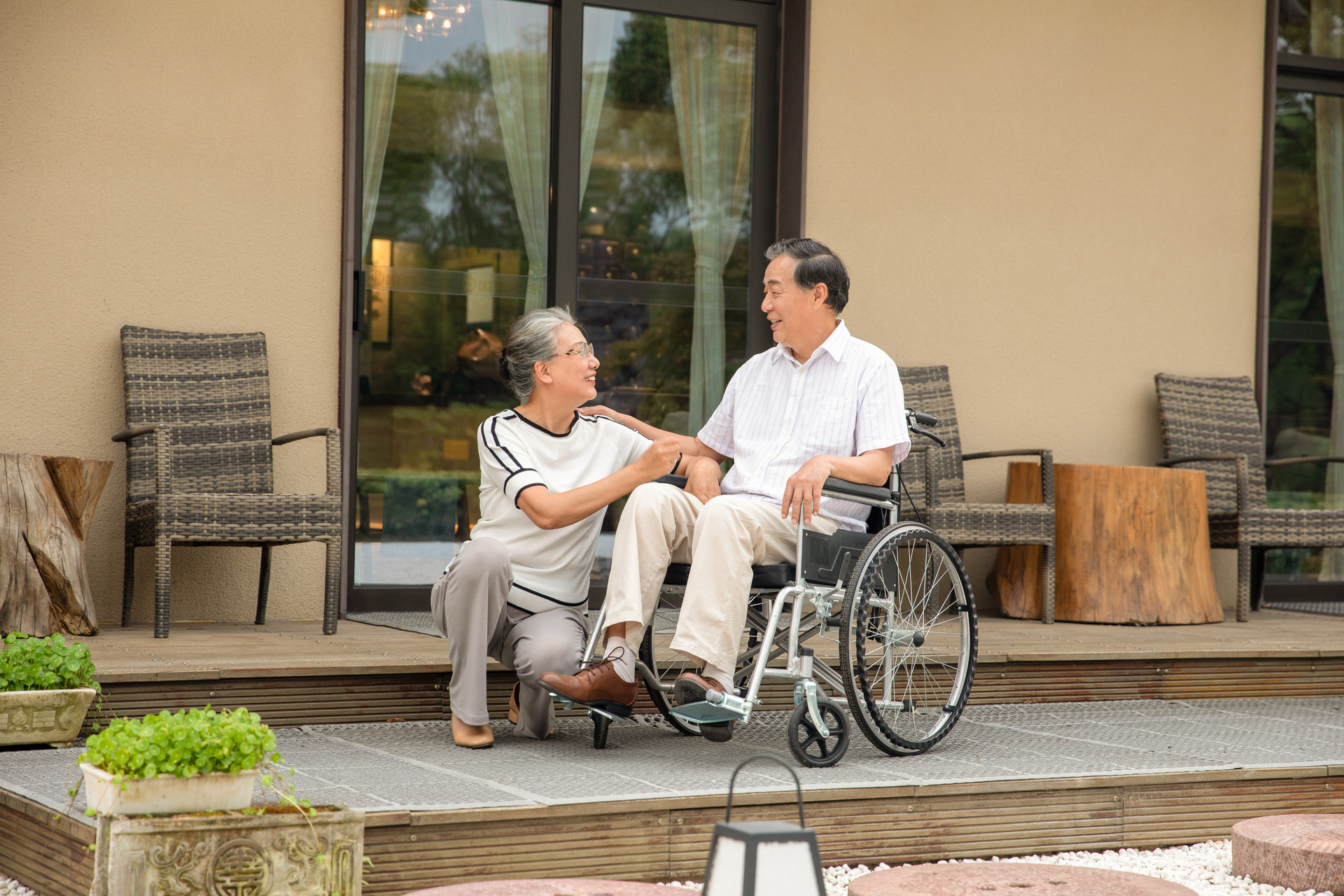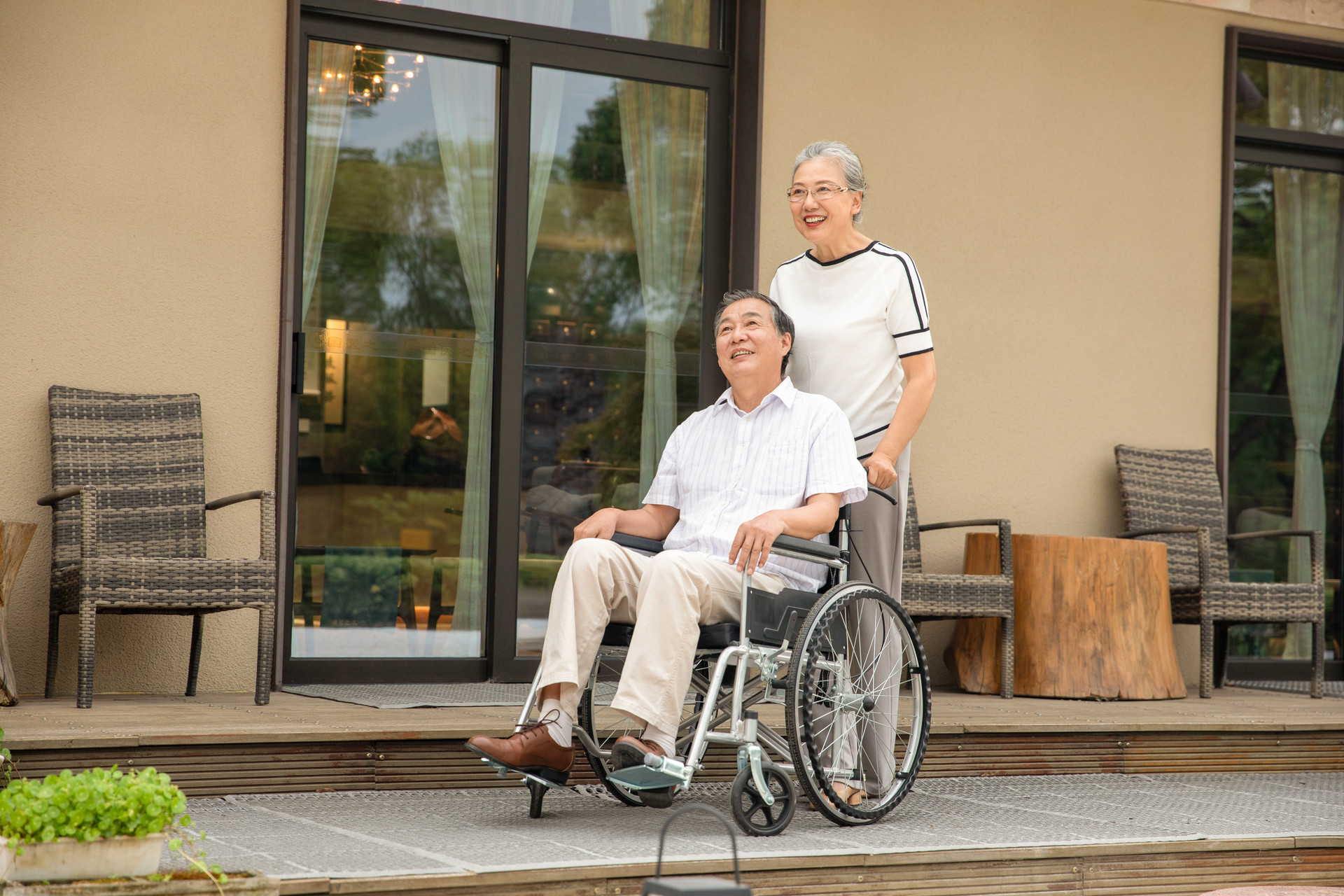"Life is rare over seventy". How fortunate it is for a person to live to be over 80 years old. However, some incorrect ideas may affect the elderly's later life and even their lifespan. Therefore, the daily health care of the elderly should pay attention to the following four taboos in order to complete the journey of life more perfectly.
Crisis 1: Fear: Elderly people, especially those over 90 years old, see their friends and colleagues of the same age leaving one by one, and the pain of separation may make them think that they will also leave this world soon, causing them to be anxious all day long. However, this is not only useless, but also accelerates the pace of death. Looking at elderly people around the world, although there are many reasons for longevity, at least one thing has been confirmed, that is, most long-lived people have a cheerful personality, open-mindedness, optimistic emotions, and psychological health. It is natural for elderly people to think about the coming of death, and it can be understood. But the key is to think about what attitude to face it in the future. It is best to let it go and face it calmly.
Crisis 2: "Stirring up": The functions of various organs in the body of people over eighty or ninety years old are significantly weakened, muscles atrophy, and bones become brittle. However, it is often encountered that elderly people of this age still participate in some inappropriate exercises, and even participate in activities such as tourism, sightseeing, and conferences that have obvious "stirring up" characteristics. They say things like "I would regret it for the rest of my life if I didn't go to places I haven't been in this lifetime" and "it is not appropriate to miss such a significant occasion", and so on, with many reasons. The result is "the spirit is willing, but the flesh is weak", leading to serious health events. "Life lies in motion" is correct, but for the elderly, they must exercise moderately within their own ability, gradually and perseveringly, in order to live a safe and happy life.
Crisis 3: Stubbornness: In reality, the most common thing is that elderly people have strong personalities and stubborn temperaments. They usually do not go to the hospital for treatment when they have minor illnesses, and when the condition worsens, they buy medicine and treat themselves according to their own "experience". Once they have another aggravation, family members and children persuade them to go to the hospital for treatment. If the elderly person still refuses, further disputes may occur, and eventually they will go down the path of "dying without treatment".
Crisis 4: Loneliness: If elderly people lose their spouse suddenly, they may show obvious signs of aging and mental depression in a short period of time, and even die shortly after. According to statistics, the mortality rate of widowed elderly people is seven times higher than that of ordinary elderly people. Humans are social animals, especially when the elderly lose their companionship, the serious consequences can be imagined. People's lives are independent, although they have been together for many years, once one person goes first, the other person must also walk the remaining path of their own life, and one person can also have a wonderful life. Of course, when people reach old age, if they can still have a loved one who knows them well and accompanies them without leaving or abandoning, that is undoubtedly an extremely happy thing.









